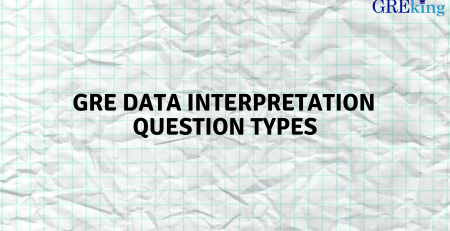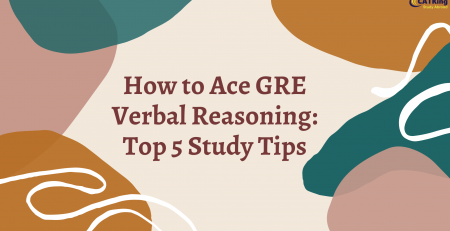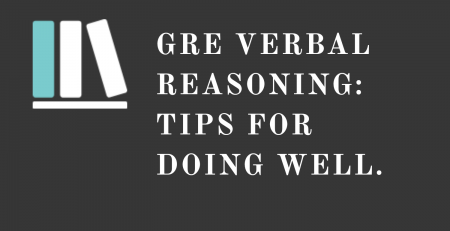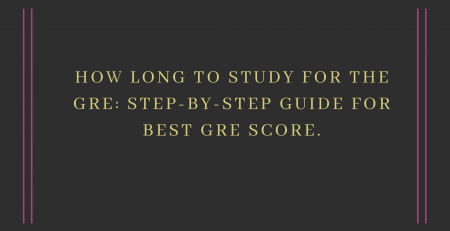How to Maximize Your GRE Vocab Prep
What are the most ideal approaches to examine vocabulary on the GRE examination? I’ve gathered my top systems for benefiting from your GRE Vocab prep.
What number of GRE Vocab words would it be advisable for you to learn?
I’m frequently asked, “What number of new words would it be a good idea for me to learn?”
My answer: As numerous as you can. I believe it’s difficult to learn more than 70 words for each week, or 10 every day. That is an aggressive objective for anybody. If your test is 10 weeks away, you could hypothetically learn 700 new words. On the off chance that it’s three weeks away, you could learn 210. Once more, this is an aspiring objective! It’s fine to go for less than —30-50 every week is entirely standard.
RELATED READING: What are the most common GRE Vocabulary words?

GRE Vocab Prep Strategy #1: Don’t perspire the rundown
I’m frequently solicited what complete rundown from GRE examination words individuals ought to learn, and actually, there is no authoritative rundown. There are words that you’re probably going to see on the GRE examination, and there are words you might be new to because they are utilized more scholastically than casually in regular day to day existence, and where these two classes cover is the place GRE examination word records are made.
In case you’re in a GREKing course, you are given word records for every seven day stretch of your course. All things considered, you should begin with these rundowns. If you aren’t in a GREKing course, you can buy our cheat sheets or utilize our application, which are both acceptable wellsprings of words. (In case you’re utilizing the cards, I’d start with the Essential deck and move to the Advanced. Yet, don’t perspire this choice either—if you’ve just begun with the Advanced, you’re fine.)
GRE Vocab Strategy #2: Make your own Flashcards
“Pause, genuinely? Why for heaven’s sake would I do that?” If you’re thinking either about those inquiries, listen to me—while, indeed, it takes more effort to make a cheat sheet than to utilize a pre-made one, cheat sheets you make yourself are stickier: you’ll need to survey them fewer occasions. I’ve known individuals (myself) to cause a cheat sheet and just to need to audit it a solitary time before they (I) have retained it! This has to do with encoding—how your mind stores data. The demonstration of making the card makes more and more grounded pathways in your memory, making your cerebrum banner the word as significant such that it doesn’t when you’re simply perusing a pre-made card and flipping it over.
Besides, by making your own cards, you can improve your cards and enhance your GRE Vocab Prep. This is what I would return on the:
Clear, straightforward definitions
Any models from your own life that will help you in recalling (“My sibling is so gaudy!”)
Other GRE words that are equivalents
… and whatever else you need—it’s your card!
You can make your own cards regardless of whether you’re utilizing pre-made cards to source your words. Furthermore, maybe this shouldn’t be stated, however, you just should make cards for words you don’t have a clue about. On the off chance that you definitely know the word, you don’t have to consider it.
GRE Vocab Strategy #3: Use three decks for your cards
When you make a card, it ought to go into a deck you’re going to call Deck 1. Deck 1 you will survey regular or each other day (contingent upon your timetable). At whatever point you sense that you’re beginning to become familiar with a word, it should move to Deck 2. Deck 2 you’ll audit each 3-4 days. At the point when a word in Deck 2 begins to feel strong, it should move to Deck 3 which… you got it, you survey less regularly: when a week or somewhere in the vicinity. Lastly, when you’re truly nailing a word each time you survey it in Deck 3, it gets the opportunity to resign. Congrats! You know it forever.
The objective of this strategy is for you to invest more energy in inspecting words you don’t have the foggiest idea of and less time assessing words you do know. Similarly that while working out you need to feel the consumption to construct muscle, when you’re contemplating, you need to feel a psychological battle (“I’m buckling down attempting to review this word… “). That implies you’re really learning. At the point when it’s simple—when you’re simply flipping through card after card—it might feel better (“I’m slaughtering this!”), however, you aren’t learning. You’re fundamentally simply giving yourself a gesture of congratulations. Furthermore, tune in, there’s consistently a requirement for us to give ourselves applauds—however, we should not blend that up with examining.
Keep in mind, the GRE Verbal segment is as much about planning around words you don’t know by utilizing setting pieces of information and perusing perception abilities all things considered about knowing jargon—however doubtlessly that improving your jargon can help your Verbal score.
Peruse NEXT: How to Study for GRE Vocabulary?
All the best!!


















Leave a Reply
You must be logged in to post a comment.